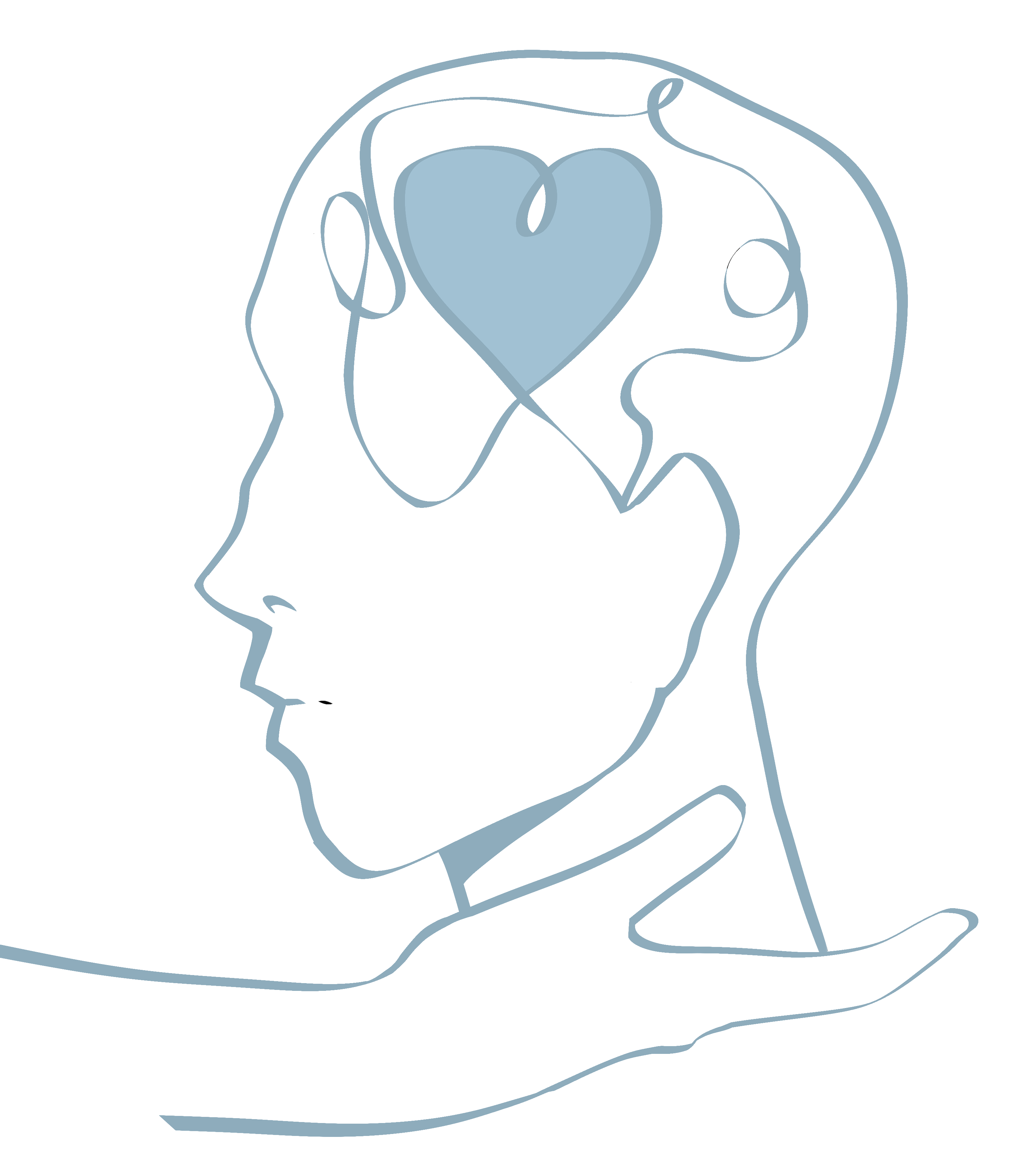There is FREEDOM in Transparency
Why do we hide so easily?
FEAR. The fear of rejection, judgment, the consequences of honest and of losing a relationship.
Healthy decisions are never made in fear.
Andy Stanley says that “We fear the consequences of confession because we have yet to realize the consequences of concealment.”
Most of us don’t want to be hidden or deceptive, but we fall into those patterns. Relationships are hard. We are all trying to balance work and life, while managing careers, raising children, and paying bills, at the same time. Our personal interactions have become increasingly transactional as we just live day in and day out with no sense of real purpose. Conflicts and power struggles color our daily lives. We hide from our spouse, our friends and ourselves, concealing our real thoughts and feelings, and manipulate situations to achieve our desired outcomes. When we have no transparency we have no freedom.
It sounds draining, and downright depressing, doesn’t it? It doesn’t have to be. We can choose a different path, one that will lead to a more fulfilling life. There is freedom in being real. What does that look like? Well, it starts with accountability. That means exposing your vulnerabilities and fears, as well as your desires regarding the issues in your life. This is what transparency looks like.
There is accountability in transparency
Accountability is a word we often hear thrown around in Christian circles. It sounds spiritual enough, and that is the problem. Sounding “spiritual” doesn’t really matter in the long run, does it? I believe that most of the time we try so hard to do what seems to be right that we completely miss the mark. Accountability is a great thing if we are really doing it. However, just sharing enough to appear transparent is, in fact, exhausting.
There is fear in wanting to be known. The knot in your stomach that begins to tighten as you contemplate if they really know you, will they reject you? Real relationships can only exist with raw honesty. Transparency has to be intentional. Many times it seems like one step forward and 10 steps back as you make the bold decision to share and then step back into the shadows for a bit, wondering if it is worth the risk.
When learning to be transparent, ask yourself a few questions.
Am I being honest with myself?
Sometimes the easiest person to deceive is ourselves. However, if we cannot be honest with ourselves, then how can we be honest with others? Take a few minutes and ask yourself hard questions. What is your truth? Before you can move forward you have to commit to being honest with yourself.
Am I trying to protect myself or someone else by sharing only partial truths?
It is easy to convince ourselves that telling the whole truth will only hurt someone else, or ruin a relationship. Often, truth does bring hurt, however it is necessary for healing. Setting a broken bone is excruciatingly painful, but in order for it to heal it has to be done.
Am I exaggerating the truth or twisting the facts to make myself look better?
Be true to yourself and better relationships will follow
Being honest often leaves us feeling the need to defend ourselves. We may exaggerate the truth or skip over parts that make us look less than perfect. In the end, this just makes things worse. Focusing on making ourselves look more “put together” or “spiritual” is probably what got us here in the first place.
If you’re true to yourself, it is easier to act in ways that build intimacy in relationships and that’s going to make your relationships more fulfilling. That is living in transparency.
.
